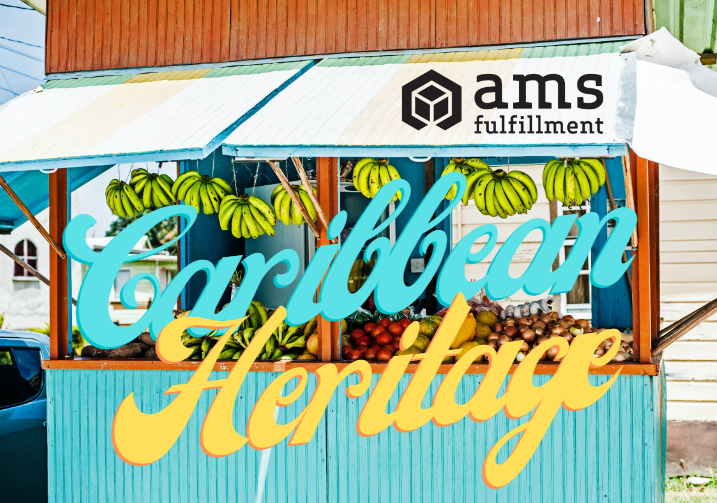
Caribbean-American Heritage
The following is from LaTanya Warren, Human Resources Manager, AMS East:
“During Caribbean-American Heritage Month, we celebrate the achievements and dreams of the millions of people of Caribbean origin now living in the United States while honoring the shared history of joy and perseverance that has united and enriched life across our region for centuries.
“There is no single Caribbean-American identity. The mix of cultures, languages, and religions alive across the United States and the islands reflects the diversity of spirit that defines the American story. Meanwhile, our countries are bound by common values and a shared history — overcoming the yoke of colonialism, confronting the original sin of slavery, and charting new opportunities across borders and generations.”
Most of us can only name a few islands with our most familiar being Jamaica due to Bob Marley and Reggae music, and Haiti, due to the devastating earthquake. Let’s learn a little more about the Caribbean.
The Nations and the Languages
There are thirteen sovereign nations in the Caribbean: Antigua and Barbuda, Bahamas, Barbados, Cuba, Dominica, Dominican Republic, Grenada, Haiti, Jamaica, Saint Kitts and Nevis, St Lucia, St Vincent and the Grenadines, and Trinidad and Tobago. Bermuda isn’t included in this list as it is in the North Atlantic, but many do include it among the Caribbean islands.
What languages are spoken in the Caribbean? There are six official languages and quite a few non-official ones. The official ones include four from colonization – Dutch, English, French and Spanish, and two official ones that the people have retained… Haitian Creole and Papiamentu, which is also a Creole language.
The Original People
Who were the original people on the Islands, prior to colonization and the slave trade? They were the Taíno (or Arawak). The Taíno people populated the Caribbean islands and Florida. And there are three others – the Kalinago and Galibi in the Windward Islands; and the Ciboney in western Cuba. Are there still Taíno people in the Islands? The answer is yes – there are estimated to be descendants of the Taíno in the low ten-thousands.
African men, women and children were forcibly transported to the Islands as early as 1502 to replace the dwindling Taíno labor supply. The colonial powers first came in search of gold, but as mining decreased, they introduced livestock and sugarcane crops. The populations of the Islands today are majority descendants of African men and women who were transported there as slave labor. There is a small minority of Europeans, East Indians, Chinese, Middle Eastern and Indigenous Peoples.
Recognize and Appreciate
So how do we recognize and celebrate Caribbean-American Heritage? Number one, we inform ourselves as to the painful history of colonialism, slavery and near-genocide. We appreciate with gratitude the ending of these practices. And most of all we appreciate the cultures of the descendants of enslaved Africans, their survival stories and their talent and minds and experiences.
In a recent blog on Black Business Month, we encouraged readers to shop at Black-owned businesses in August. La Tanya (AMS East) is doing just that. As part of the celebration, she is ordering Caribbean themed lunch for the warehouse team from a local, black-owned, female-owned, catering business. May we suggest one more good idea… get to know where the best Jamaican restaurant in your neighborhood is located! You’ll be glad you did.
The following is a quote from the Presidential Proclamation in recognition of Caribbean-American Heritage Month.
“A central promise of this country is the idea that everyone is created equal and deserves to be treated equally throughout their lives. It is a cornerstone of our common heritage in this hemisphere, even as we keep striving to finally make that vision real. Caribbean-American Heritage Month is a chance to celebrate the rich diversity that covenant has brought us and to renew its promise for future generations of Caribbean Americans and for us all.”



